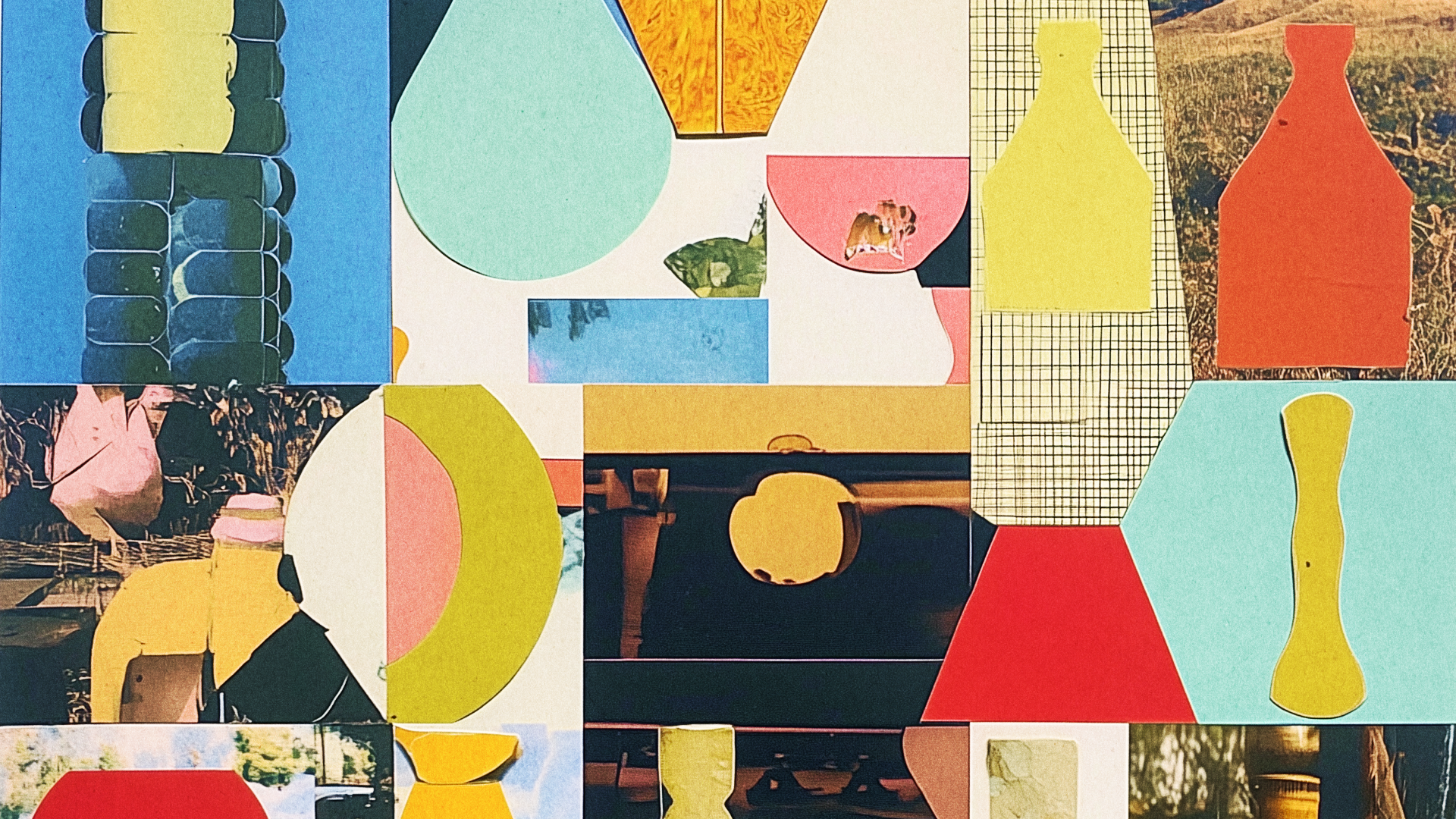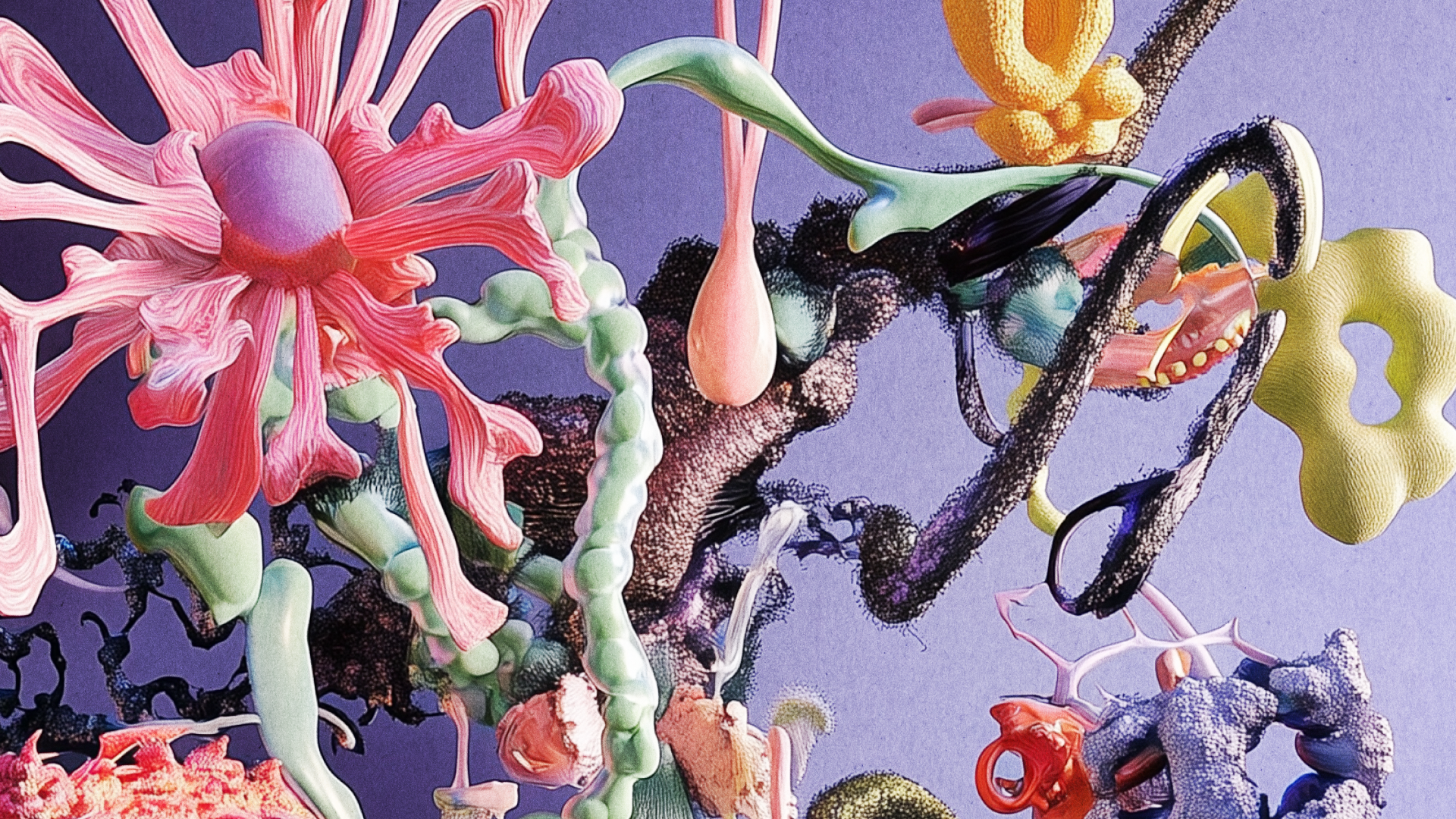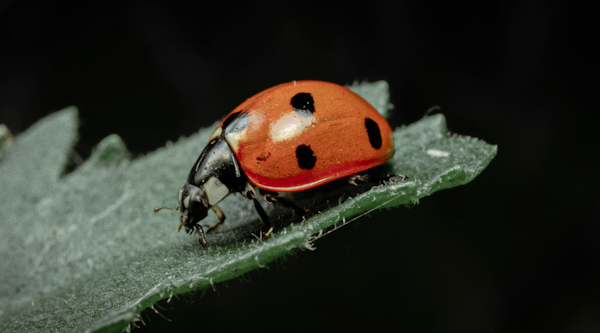Strawberry. Eno. Play.

The frenzy around Generative AI continues. Last week, OpenAI released its much anticipated Strawberry model, allegedly capable of the most sophisticated extended-reasoning we’ve seen yet. Earlier this year, filmmaker Gary Hustwit announced the premiere of something unanticipated: a generative documentary on the legendary musician, composer, and producer Brian Eno. Curated by algorithms, this groundbreaking new film (or entire film genre) is different every time it’s screened. Instead of a wide simultaneous release around the world, the film has a touring schedule across the U.S., where different inputs will create a unique moviegoing experience every night, in each new locale. Thousands of New Yorkers have already had a taste of this innovative project—some returning to the Film Forum as many as twelve times to see different versions of Hustwit’s work.
“Repetition doesn’t really exist.”
But Hustwit is apparently undaunted by convention. And it seems safe to assume he has his subject’s blessing. Eno built a career on challenging norms and trends. This is an artist who invented entire musical genres, from Ambient Music to—you guessed it—Generative Music. And Eno, himself, has been quoted as saying that repetition “doesn’t really exist.” As an artist, he is a playful minimalist interested in the relationship between music and the mind. According to him, no performance is ever identical; nothing happens the same way twice. “Your perception is constantly shifting. It doesn’t stay in one place,” he once said.
Furthermore, Eno has a deep appreciation for the power of abstraction and reduction. He calls his recording studio a “laboratory for conceptual thinking,” and his compositions can be seen as ‘thinking music:’ a form of natural, autonomous intelligence that understands its own cultural context and can evolve on its own. For Eno, playing music is something to interpret literally—it’s a lighthearted, joyful, open-ended, non-deterministic process that doesn’t take itself too seriously.

Maybe it’s not thinking that makes us human; it’s overthinking.
The more I read about Eno’s thoughts on knowledge and cognition, the more they seem to illuminate an important distinction about AI. For him, human intellect is something fallible and imperfect. Rather than think in smooth, productive, linear lines, we have a tendency to philosophize in circles. “Every increase in your knowledge is a simultaneous decrease. You learn and you unlearn at the same time,” he believes. It started to occur to me that what makes our intelligence distinct from something like OpenAI’s Strawberry is not our ability for more nuanced reasoning, but our capacity for unproductive rumination. Maybe it’s not thinking that makes us human; it’s overthinking.
For AI, which is programmed to produce results, the process is exclusively goal-oriented. AI can weigh, compare, and analyze, but it can’t fathom what novelist F. Scott Fitzgerald so aptly described as first-rate intelligence: “the ability to hold two opposing truths in one’s mind and still retain the ability to function.” AI has no concept of truth and thus can’t hold opposing views of it. Like us humans, it can pretend to know (hallucinate), but it can’t lie intentionally. It certainly can’t transcend something while still being inside it. It is either here or there, but never, like Schrödinger’s cat, two things simultaneously.
It can never engage in a lighthearted, joyful, open-ended, non-deterministic process that doesn’t take itself too seriously.
Eno’s method of working and Hustwit’s cinematic project are diametrically opposed to AI’s goals. AI wants answers and certainty, while these artists deal in shadows and doubt. They want to poke, prod, tussle, yell, tease.
They want to play.

But what exactly is play?
Based on the canon of play research, including works such as Dutch historian Johan Huizinga’s Homo Ludens, the psychologist Peter Gray proposes four attributes:
1. Play is always voluntary and self-directed. “It is what one wants to do as opposed to what one is obliged to do. Players choose not only to play, but also what to play and how.”
2. Play is intrinsically motivated: “Means are more valued than ends. Play is activity (…) done for its own sake more than for some reward outside of itself.”
3. Play is guided by mental rules, “even playful fighting and chasing, which may look wild to the observer.”
4. Play is imaginative. Gray cites the example of children imagining a troll under the kitchen table, and warning each other of latent danger. He calls this hypothetico-deductive reasoning, which demonstrates an elevated level of human thinking.
We learn by playing as children, but play has lots to teach adults, too. Most contemporary education systems still think of learning as the accumulation and demonstration of knowledge, rather than teaching us how to learn. In his new book, Turing Award-winning computer scientist Leslie Valiant calls this capacity to learn “educability.”
It’s a term that implicitly recognizes that knowledge is constantly in flux. It is not growth in an absolute sense. We learn and unlearn, we know and un-know. An expert is not someone who stores a maximum amount of knowledge in perpetuity; rather, it is someone who is constantly learning something new, challenging prior understanding, and applying learnings from other fields to their own, a practice called lateral thinking.

Who’s ‘educable’?
Plato believed that learning was in essence a recollection, a remembrance of what our soul already knew. Soul-inspired knowledge may be difficult to take seriously in 2024, but there’s a metaphor in Plato’s belief about our consciousness, our instincts. We are, in the end, simply creatures. We can’t account for everything we’re capable of—evolution has honed our capacity to do and learn incredible things.
Neural networks, the engines behind AI, don’t have that benefit. They are learning solely through reinforcement. Every prompt, every interaction gives them an opportunity to learn more. They can even develop something close to human intuition (which, in essence, is nothing but a repository of vast amounts of data we inherit or acquire through lived experience). OpenAI claims that its Strawberry model will be able to solve complex problems at the level of doctoral students in physics, chemistry, and biology. But as long as it can’t play, it can’t strengthen and deepen its capacity for learning. It can’t become educable.
AI knows, but its knowledge is synthetic. Ours is organic. It can move, it can enrich, it can spread, it can die.
Play more, learn more.
Brian Eno argues that our current digital culture has made us forget how to surrender. For him, surrender is a way of learning, a way to adapt. Similarly, Hustwit’s generative documentary is asking the viewer to surrender their desire for something ultimate and definitive. He’s asking audiences to consider whether film is really about the product or the process. He’s asking them to forget hierarchical designations like the director’s cut or network-safe version, and give themselves over to a singular, contingent experience. He’s asking them to forget the work and enjoy the play.
“Work hard, play hard” must become “play more, learn more.” No other work will be left for us.
In the future, learning will mean playing to remember what we’ve lost.
Tim Leberecht

Strawberry. Eno. Play. List.


Shock and Awe

Writing in a Crowded World

On the Beauty of Distraction

I Don’t Resonate with You


